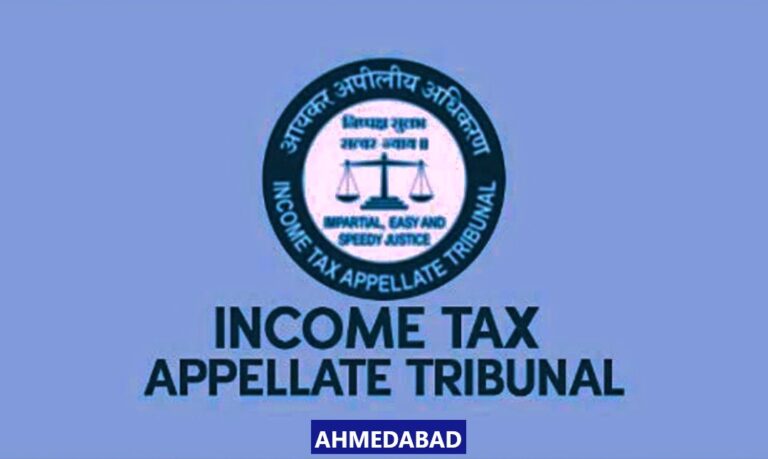The ITAT also clarified that a mere transfer of Property through a registered sale, without the buyer making the payment to the seller, cannot lead to an addition.
The Ahmedabad Income Tax Appellate Tribunal (ITAT) recently made a significant ruling regarding undisclosed expenditures falling under Section 69 of the Income Tax Act. The ITAT emphasized that if the source of actual expenditure remains unexplained, it would trigger the deeming provisions outlined in Section 69.
However, the ITAT also clarified that the mere fact that a property was transferred through a registered sale, without the buyer making the payment to the seller, cannot lead to an addition in the assessee’s hands. This decision aligns with the High Court of Delhi’s ruling in the case of CIT versus Lubtec India Ltd (311 ITR 175).
In the specific case before the ITAT, the assessee was involved in the wholesale trading of vegetables. During the assessment, it was found that the assessee had purchased two immovable properties for Rs. 95,47,000, as per data from the Income Tax Department. Surprisingly, these properties were not disclosed in the assessee’s books of accounts.
Further investigation revealed that the assessee had indeed made payments of Rs. 48,02,000 and Rs. 47,50,000 for agricultural lands through cheques. The assessee claimed that the title of the properties was defective, hence the cheques were not encashed, and possession was not transferred.
To verify this claim, the Assessing Officer (AO) contacted the vendors and even conducted a spot verification of the land. The vendors confirmed that the sale of the property had not been finalized due to technical issues. However, the AO noted that in regular land deals, sellers usually receive the purchase amount before the sale deed is executed.
In this case, the sale deed had been executed without the cheques being encashed, and possession was transferred to the assessee, as reported by the inspector. The AO concluded that the circumstances pointed to the consideration being paid from undisclosed sources, dismissing the claim of title defects and considering the cheques as a mere facade.
Consequently, the AO added Rs. 95,47,000 to the assessee’s income under the deeming provision of Section 69 of the Act.
The ITAT, upon reviewing the facts, noted that the land was purchased by the assessee much earlier, with payment made subsequently, which contradicted common market practices. Typically, buyers are expected to pay the seller before the sale deed is registered.
While acknowledging exceptions to market practices, the ITAT emphasized that reasonable justifications are needed. In this case, the ITAT found merit in the assessee’s appeal and directed the AO to delete the addition from the assessment.
This ruling serves as a reminder of the importance of explaining the sources of expenditures under Section 69 and highlights the need for genuine justifications in exceptional cases.
Also Read: Embracing Artificial Intelligence (AI) for Efficient Tax Compliance
Read More
Income Tax Department Sets Deadline of April 30 for Pending Refunds Approval
